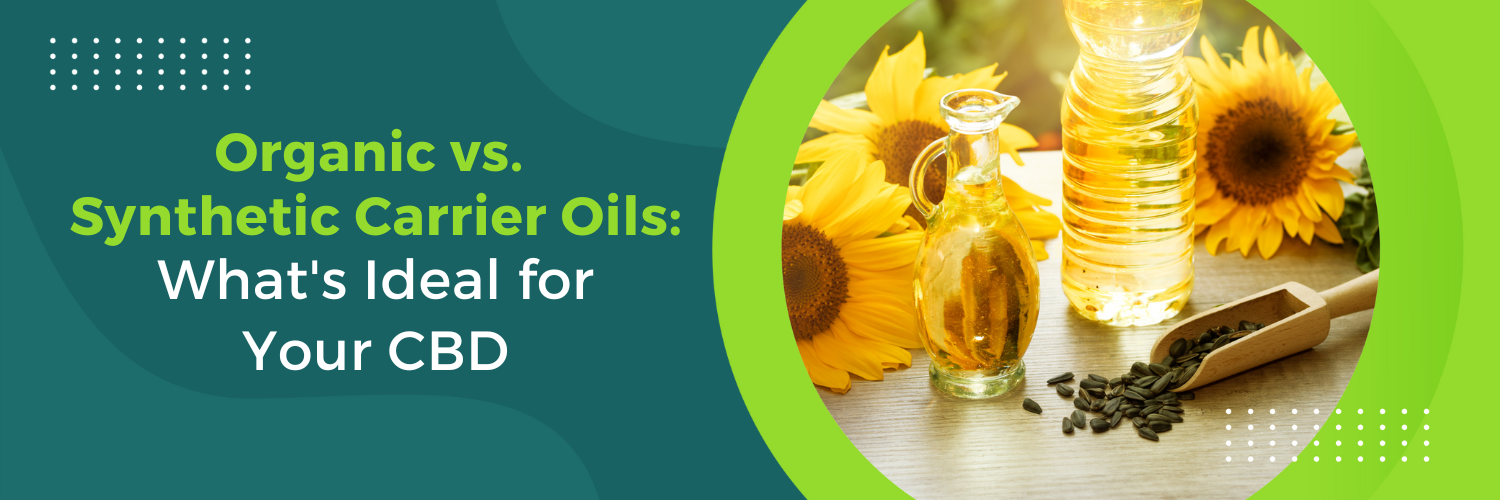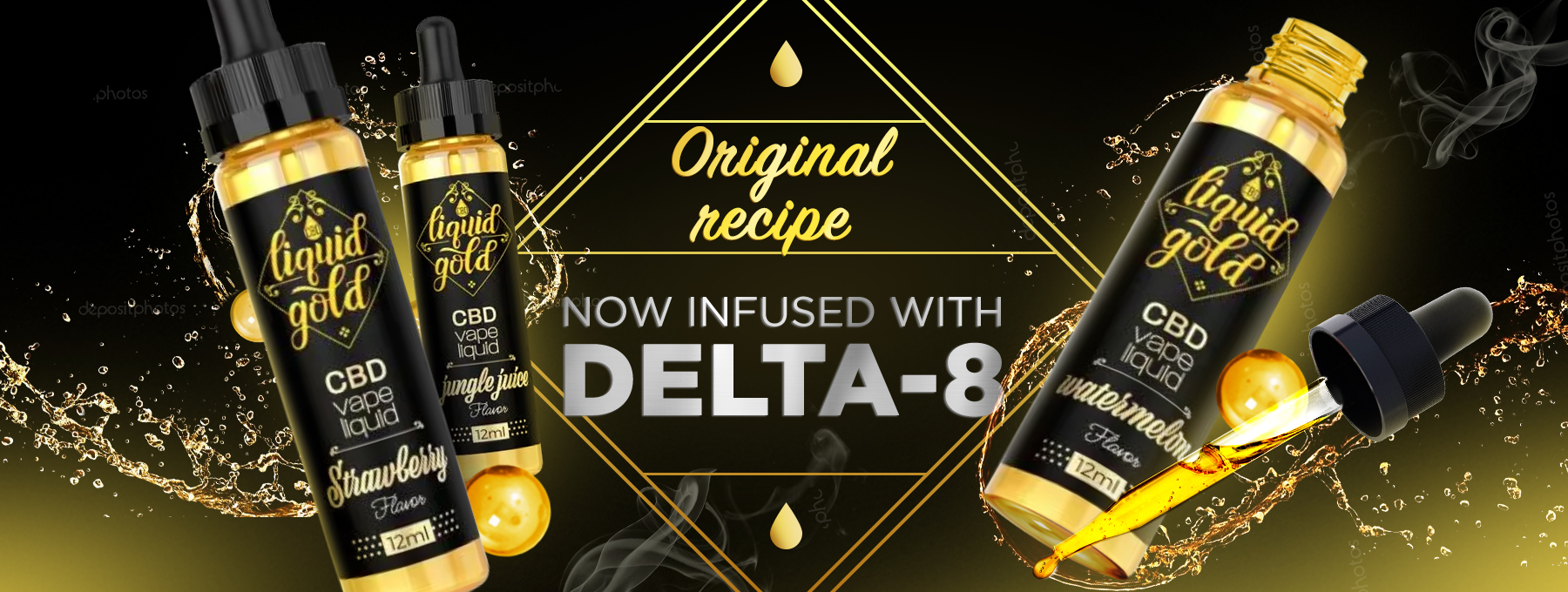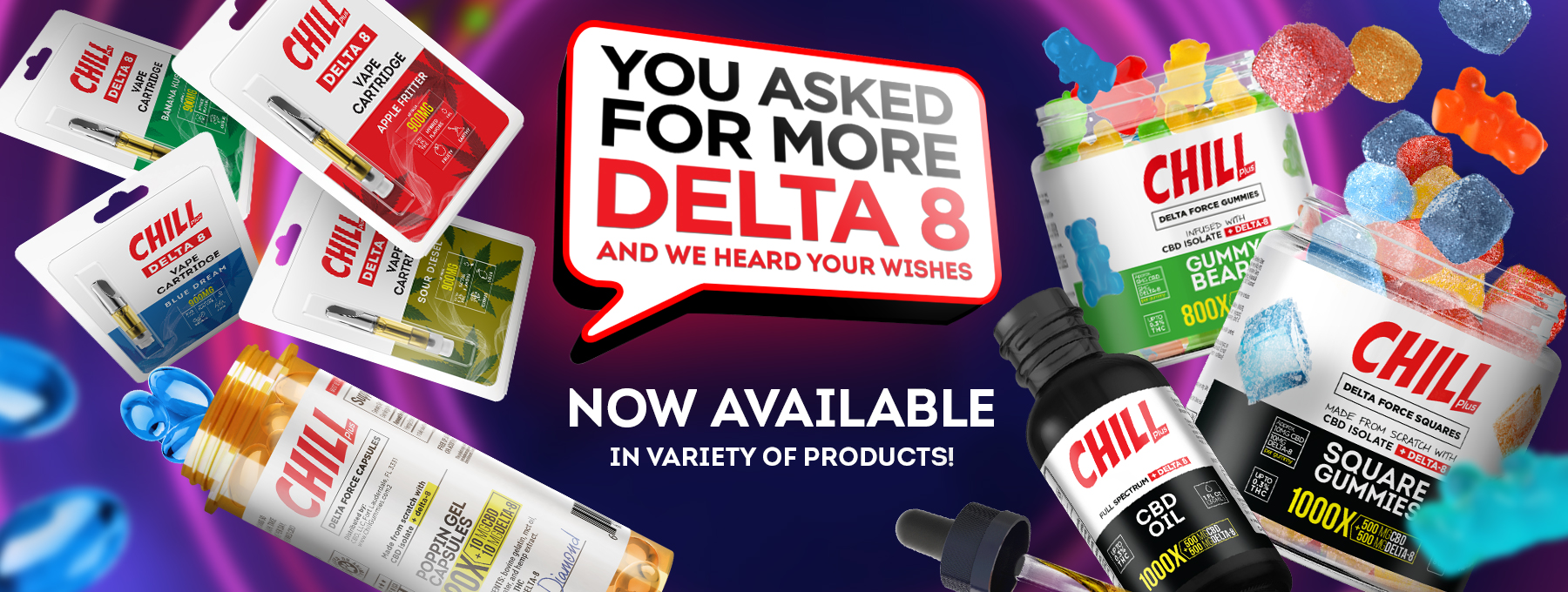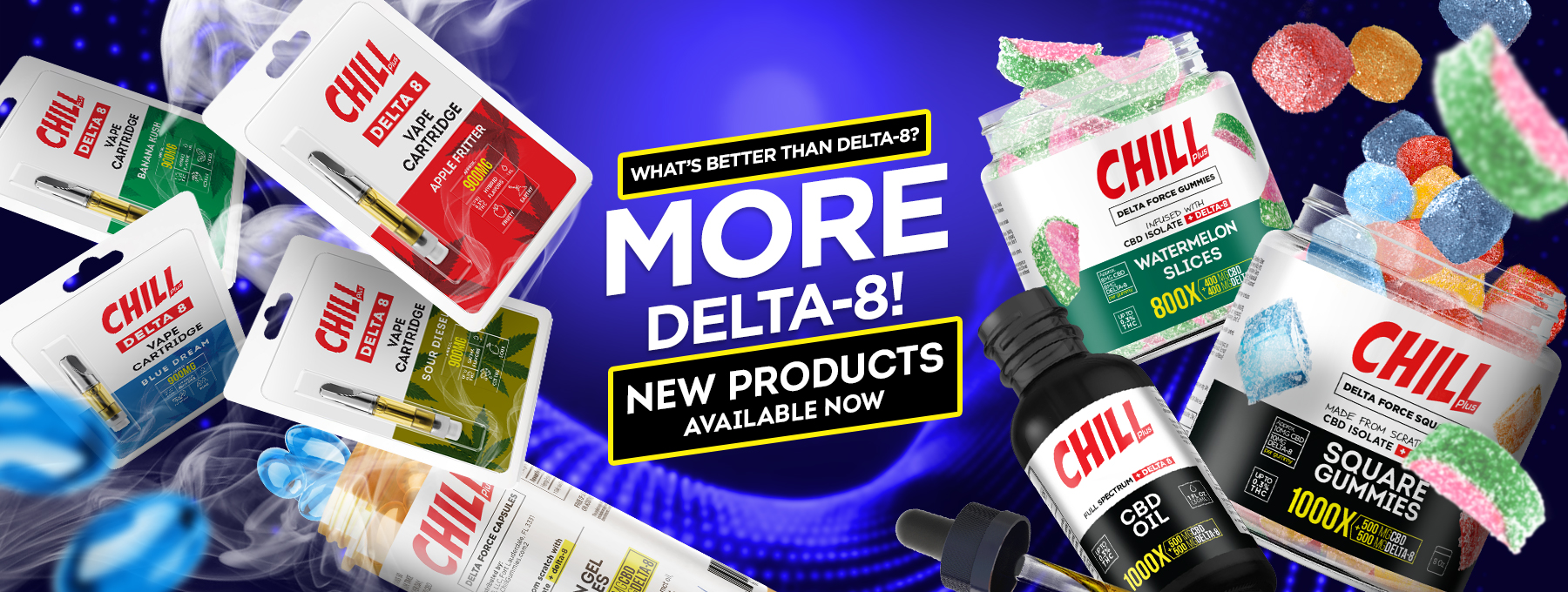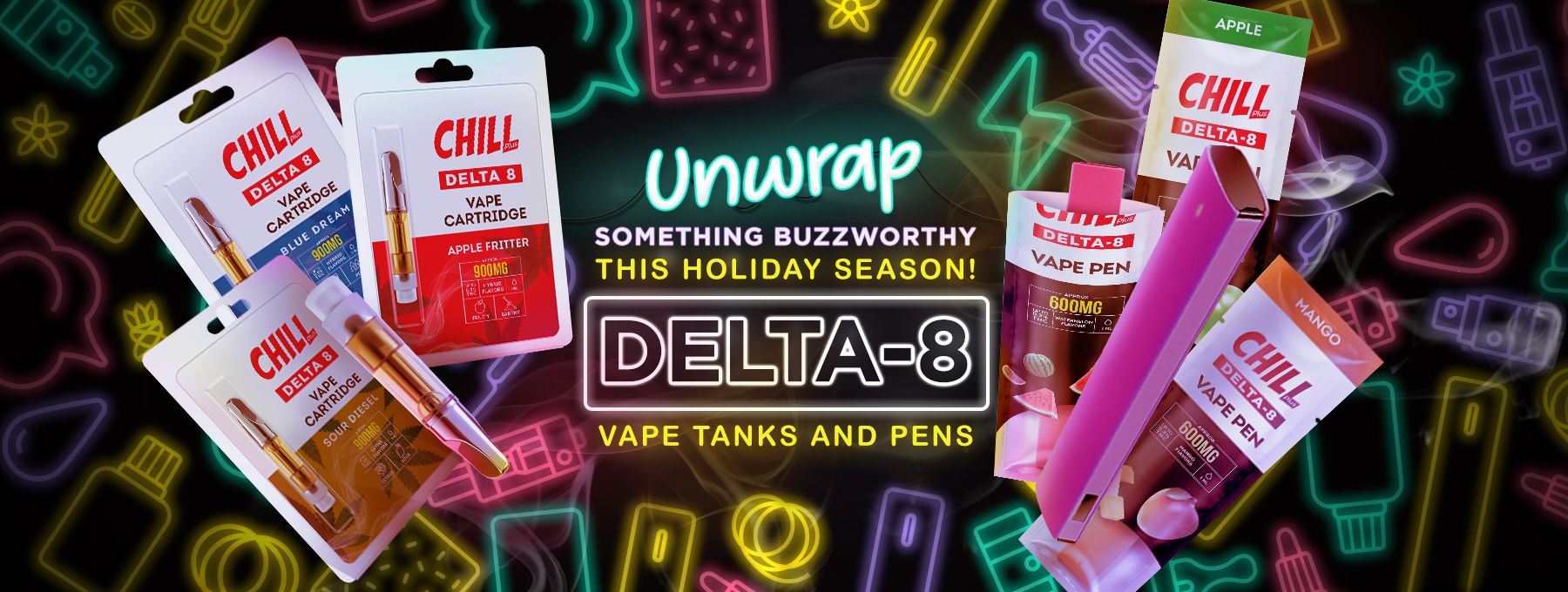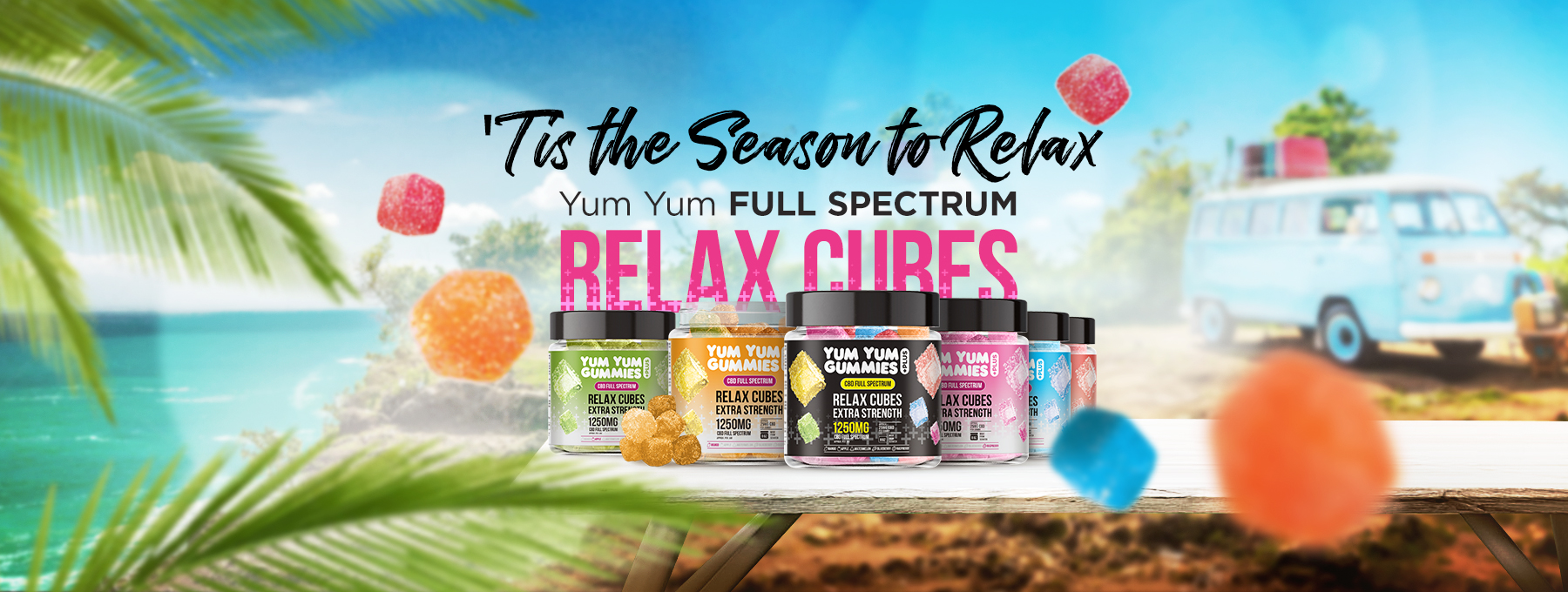What is a Carrier Oil?
Carrier oils play a pivotal role in CBD products. First and foremost, they act as a diluent, ensuring that the CBD extract isn’t too concentrated and harsh for consumption. More than just dilution, carrier oils enhance the absorption and bioavailability of CBD. In simple terms, they help in delivering CBD efficiently into your system. Beyond efficacy, carrier oils also work wonders in improving the taste and overall user experience of CBD products, making them more palatable.
Common Types of Carrier Oils
Carrier oils are often used in aromatherapy, massage, and skincare as a base for diluting essential oils. They help carry the concentrated essential oils and provide various benefits for the skin. Here are some common types of carrier oils:
- Jojoba Oil: This oil closely resembles human sebum and is suitable for most skin types. It’s moisturizing, non-greasy, and often used in facial serums.
- Coconut Oil: Known for its moisturizing properties, coconut oil is solid at room temperature but melts on contact with the skin. It’s rich in fatty acids and has a distinct tropical aroma.
- Sweet Almond Oil: A popular choice for massage and skin care, sweet almond oil is mild and hypoallergenic. It’s rich in vitamin E and can help soothe and moisturize the skin.
- Grapeseed Oil: Light and easily absorbed, grapeseed oil is often used in massage and skincare products. It’s high in linoleic acid and antioxidants.
- Olive Oil: This kitchen staple can also be used as a carrier oil. It’s moisturizing and nourishing, but its strong aroma might impact the fragrance of essential oils.
- Avocado Oil: Rich and thick, avocado oil is particularly beneficial for dry or mature skin. It’s packed with vitamins and fatty acids.
Organic Carrier Oils: Benefits and Concerns
Organic carrier oils are derived from plants that have been grown without the use of synthetic pesticides, herbicides, or genetically modified organisms. They are often considered a more environmentally friendly and potentially healthier option compared to conventionally grown crops. Here are some benefits and concerns associated with using organic carrier oils:
- Reduced Chemical Exposure: One of the main benefits of using organic carrier oils is that they are grown without synthetic pesticides, herbicides, and fertilizers. This means that the oils are less likely to contain residues of these chemicals, which can be beneficial for your skin and overall health.
- Environmental Impact: Organic farming practices typically focus on sustainability and minimizing harm to the environment. Organic farming methods promote soil health, biodiversity, and water conservation, which can have positive long-term effects on ecosystems.
- Nutrient Content: Organic plants may contain higher levels of certain nutrients, including antioxidants and essential fatty acids. This can result in carrier oils that offer more beneficial properties for your skin and overall well-being.
- Supporting Sustainable Agriculture: By choosing organic products, you’re supporting agricultural practices that prioritize soil health, biodiversity, and ethical treatment of workers.
- Cost: Organic products often come with a higher price tag due to the more labor-intensive and regulated nature of organic farming. This can make organic carrier oils more expensive compared to their conventional counterparts.
- Availability: Depending on where you live and shop, organic carrier oils might not be as readily available as conventional ones. This can limit your options, especially if you’re looking for specific oils.
- Certification Standards: The term “organic” can be regulated differently in various countries. Make sure to look for reputable certifications that indicate the carrier oil is truly organic and meets specific standards.
- Shorter Shelf Life: Organic carrier oils might have a slightly shorter shelf life compared to conventionally produced oils. This is because they typically lack synthetic preservatives, which can impact their stability over time.
- Allergies and Sensitivities: While organic farming reduces the use of synthetic chemicals, some people may still be sensitive to naturally occurring compounds in plants. It’s important to do patch tests and be aware of potential allergic reactions.
What Makes an Oil Organic?
Organic oils are derived from plants that are grown without synthetic fertilizers, pesticides, or other chemicals. They adhere to strict farming standards which prioritize environmental health, soil integrity, and humane practices. For consumers, this often translates to a product that’s cleaner and more natural.
Pros of Using Organic Carrier Oils
Choosing organic means opting for purity. Such oils typically contain fewer pesticides and harmful chemicals. Additionally, organic carrier oils are often richer in essential fatty acids and antioxidants due to the preserved integrity of the plants they are derived from. From an environmental perspective, these oils leave a smaller carbon footprint, endorsing sustainable and eco-friendly farming methods.
Cons of Using Organic Carrier Oils
However, the organic route isn’t devoid of challenges. For one, organic carrier oils are generally pricier, reflecting the cost-intensive nature of organic farming. Their availability might also be limited, especially in regions where organic farming isn’t predominant. Furthermore, without synthetic preservatives, organic oils can have a shorter shelf life, necessitating timely consumption.
What Are Synthetic Carrier Oils?
Unlike their organic counterparts, synthetic carrier oils are not entirely natural. They might be chemically altered or derived using processes that don’t strictly adhere to organic criteria. Examples include oils refined to a point where they lose their natural properties or those that have undergone chemical processes for enhancement.
Pros of Using Synthetic Carrier Oils
On the bright side, synthetic oils are often more wallet-friendly. Their large-scale and efficient production processes ensure widespread availability. Moreover, due to the refining processes, these oils tend to be more stable, boasting a longer shelf life.
Cons of Using Synthetic Carrier Oils
However, purity can be a concern. Potential chemical residues or contaminants might remain in the final product. The production of synthetic oils can also be less environmentally friendly, depending on the processes employed. Lastly, there’s a risk of allergens or irritants being present, especially for sensitive individuals.
Making the Right Choice for Your CBD
When choosing a carrier oil, it’s crucial to consider personal health sensitivities, environmental impact, budget constraints, and the desired CBD concentration and efficacy. Some might prioritize a purely organic product, while others might need a cost-effective solution.
Importance of Quality Over Type
Regardless of your choice, quality should never be compromised. Always look for third-party lab testing results when choosing CBD products. This ensures the absence of harmful contaminants, giving you peace of mind regardless of whether you opt for an organic or synthetic carrier oil.
Differences Between Organic and Synthetic Carrier Oils for CBD
| Criteria | Organic Carrier Oils | Synthetic Carrier Oils |
| Sourcing | Derived from organically grown plants | Chemically produced or refined |
| Chemical Exposure | Minimal to no synthetic chemicals | May contain synthetic additives |
| Environmental Impact | More sustainable and eco-friendly production | May have a higher environmental footprint |
| Nutrient Content | Potentially higher due to natural growth | May lack certain beneficial compounds |
| Skin Compatibility | Gentler, suitable for sensitive skin | Potential for irritation or allergies |
| Cost | Generally higher due to production methods | Often more affordable |
| Certification | Regulated and certified by organic standards | No organic certification |
| Shelf Life | Generally shorter due to natural preservation | Longer shelf life due to synthetic additives |
| Effectiveness | Effective, especially for holistic approaches | May lack natural properties of organic oils |
Conclusion
The debate between organic and synthetic carrier oils boils down to personal preferences, needs, and priorities. What’s paramount is the emphasis on quality and ensuring that your CBD product serves its intended purpose. As the CBD industry continues to evolve, it’s essential to stay informed and make choices that resonate with your values and health goals.
If you’re looking for premium CBD products with a focus on quality and transparency, we invite you to explore the range offered by Leaf Alleviate. Discover more about CBD oil products to helpyou in your journey to holistic well-being. Visit our website now.
FAQs
Q: Why are carrier oils used in CBD products?
Carrier oils dilute the potent CBD extract, enhance its absorption and bioavailability, and improve its taste.
Q: Are there noticeable differences in taste between organic and synthetic carrier oils?
While taste can vary between individual oils, organic oils often retain a more natural flavor profile, whereas synthetic ones might be more refined and neutral.
Q: How can I verify the quality of a CBD product’s carrier oil?
Always check for third-party lab testing results and certifications, especially those pertaining to purity and contaminants.
Q: Are there specific brands known for using high-quality carrier oils?
Yes, many reputable CBD brands prioritize using high-quality carrier oils. Research, reviews, and industry awards can guide you towards these brands.
Q: How should I store my CBD product to maintain the quality of the carrier oil?
Store in a cool, dark place away from direct sunlight. Ensure the cap is tightly sealed to prevent air exposure.

